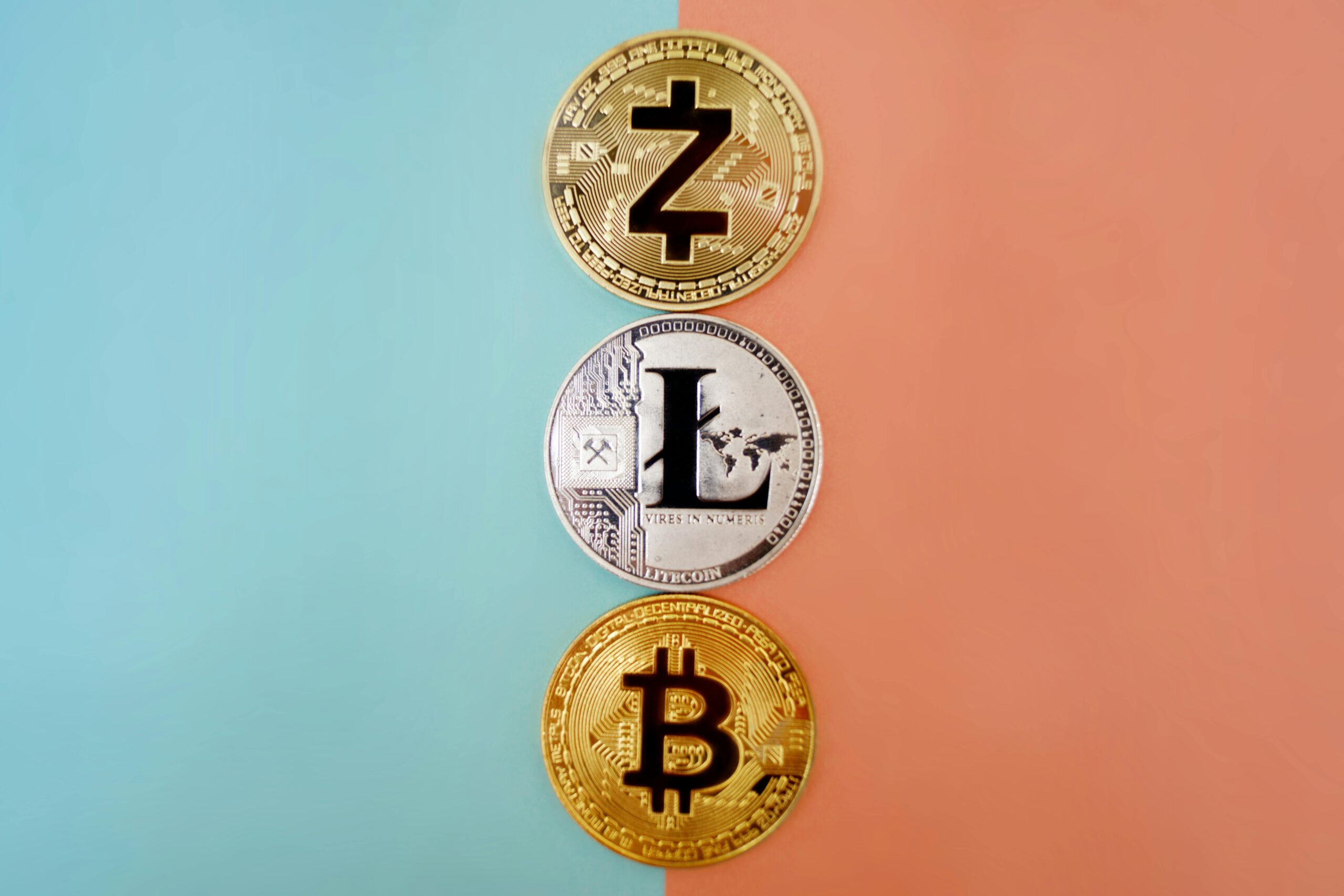Introduction
The worldwide economy is experience a tremulous shift, driven by quickly development in innovation and an ever growing dependence on digital solutions. As we move forward 2025, the digital economy trends is set to enlarge more, reshaping industries, modifying business models, and determining societal behaviors. Understanding “Digital Economy Trends By 2025” is crucial for businesses, statesman, and personally aiming to develop in this new landscape.
The Growth of the Digital Economy
The digital economy enclose all economic occupations that rely on digital innovations. This contains e-commerce, digital banking, cloud counting, artificial intelligence (AI), blockchain, and more. By 2025, estimate indicate that the digital economy will contribute over 25% of worldwide GDP, driven by quickened assumption across sectors.

This transformation is fueled by several key factors:
1. Improve Internet Penetration : By 2025, over 80% of the world’s population is make better to have internet approach, authorizing more buyer and businesses to cooperate in the digital environment.
2. 5G and Connectivity : The deployment of 5G networks will easier faster and more well founded connections, opening new lucky chance for IoT, smart cities, and real time digital interactivity.
3. Digital Payment Systems : The stand up of digital wallets, cryptocurrency, and contactless payments is shrink friction in agreement and driving worldwide e commerce extension.

Top Digital Economy Direction to Watch in 2025
1. Artificial Intelligence and Machine Learning
AI and machine learning (ML) will stand at the spearhead of digital innovation in 2025. Businesses are manipulating these innovations to enhancing operations, individualize customer encounter, and gain actionable awareness from big data.
AI in Healthcare : Predictive analytics, individualized medicine, and AI powered diagnostics will revolutionize patient care.
AI in Retail : Enhanced recommendation engines and inventory management systems will streamline supply chains.
Generative AI : Tools like ChatGPT and DALL E will play a important role in content making, marketing, and customer assistance.
2. Blockchain and Decentralization
Blockchain innovation is make better to grow beyond cryptocurrencies, striking supply chain management, digital specification identification, and deconcentrated commerce (DeFi). By 2025, smart settlement and deconcentrated applications (dApps) will find widespread assumption in:
Real Estate Transactions : Reducing paperwork and ensuring transparency.
Supply Chain : Providing end to end traceability of goods.
Digital Identity : Enhancing online security and privacy.
3. E commerce Evolution
E-commerce is evolving quickly, with directions such as:
Social Commerce : Platforms like Instagram and TikTok integrating shopping features.
Augmented Reality (AR) : Allowing buyer to virtually try products before purchasing.
Subscription Models : More businesses offering recurring subscription options for convenience. Worldwide e commerce sales are forecast to exceed $7 trillion by 2025, with emerging markets like Southeast Asia and Africa donating outstandingly to this extension.

4. Green Tech and Eco-Friendly.
As sustainability becomes a priority, the digital economy is embracing green innovations:
Energy Efficient Data Centers : Cloud providers investing in renewable energy.
Circular Economy Platforms : Digital solutions promoting reuse, recycling, and sharing economy models.
Carbon Tracking : AI and blockchain solutions authorizing companies to monitor and reduce carbon footprints.
5. The Rise of the Metaverse
The metaverse a digital, immersive virtual world is make better to redefine how people interact, work, and entertain themselves. By 2025:
Virtual Workspaces : Companies will adopt virtual offices, enhancing remote collaboration.
Digital Real Estate : Investments in virtual land will grow.
Gaming and Entertainment : The gaming industry will be a primary driver of metaverse assumption.
6. Cybersecurity Innovations
With the expansion of the digital economy comes get bigger vulnerability to computer assaults. By 2025, cybersecurity directions will contain:
Zero Trust Architectures : Verifying secure approach to sensitive data.
AI Driven Threat Detection : Real time monitoring and reaction to cyber threats.
Quantum Cryptography : Advanced encoding methods to safeguard information.

7. Remote Work and Gig Economy
The prevalent convince shift to remote work has cemented elastic work arrangements. By 2025, the gig economy will see:
Specialized Platforms : Niche platforms connecting freelancers with clients.
Remote Collaboration Tools : Enhanced tools for virtual team management.
Worldwide Talent Pools : Companies engage talent from anywhere in the world.
8. Digital Inclusion and Bridging the Divide
Efforts to bridge the digital divide will concentrate, ensuring that impoverished populations gain approach to innovation and lucky chance in the digital economy. Initiatives contain:
Affordable Internet Access : Expanding connectivity in rural and remote areas.
Digital Literacy Programs : Equipping personally with the skills to cooperate in the digital economy.
Inclusive Platforms : Designing solutions approachable to people with disabilities.
Dare Facing the Digital Economy
Despite its prospective, the digital economy faces dare that must be addressed:
Data Privacy Concerns : Balancing innovation with the protection of personal information.
Regulatory Hurdles : Harmonizing worldwide regulations for emerging innovations.
Workforce Displacement : Reskilling workers to adapt to automation and AI driven changes.
Digital Monopolies : Verifying fair competition in markets dominated by tech giants.
Arranging for the Digital Future
To develop in the digital economy of 2025, stakeholders must take proactive steps:
Businesses : Invest in digital transformation, prioritize cybersecurity, and adopt sustainable practices.
Governments : Foster innovation through supportive policies and infrastructure development.
Individuals : Embrace lifelong learning to stay competitive in a quickly evolving job market.
Conclusion
The “Digital Economy Trends 2025” highlight a future that is interconnected, innovative, and inclusive. By harnessing emerging innovations and addressing dare, the worldwide community can unlock unprecedented lucky chance for extension and prosperity. As we approach 2025, understanding and adapting to these directions will be necessary for navigating the ever evolving digital landscape.

